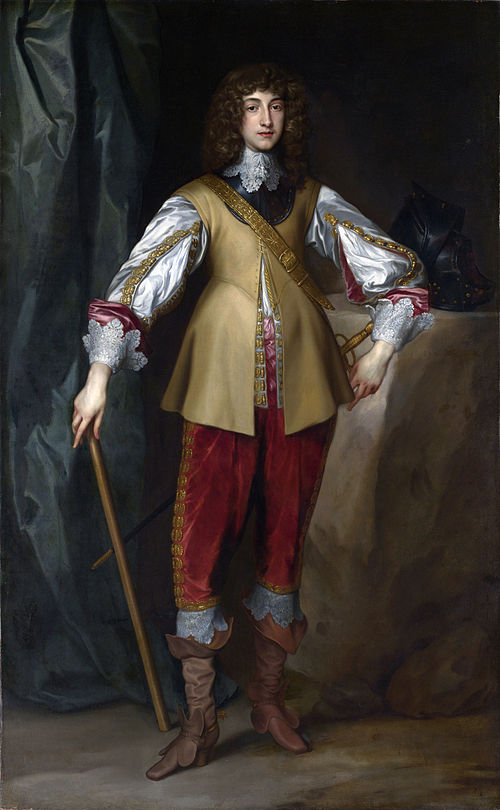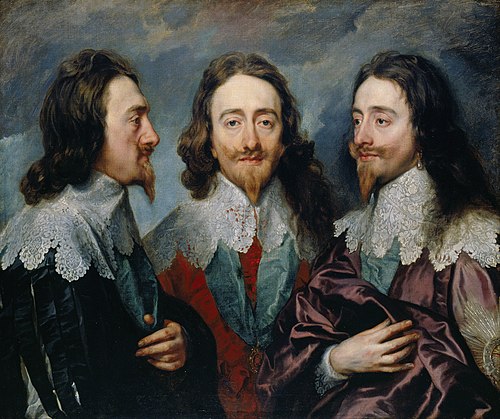Cavalieradjective
Not caring enough about something important.
Cavalieradjective
High-spirited.
Cavalieradjective
Supercilious.
Cavalieradjective
(historical) Of or pertaining to the party of King Charles I.
Cavaliernoun
A military man serving on horse, early modern cavalry officers who had abandoned the heavy armor of medieval knights.
Cavaliernoun
A gallant: a sprightly young dashing military man.
Cavaliernoun
A gentleman of the class of such officers, particularly:
Cavaliernoun
A courtesan or noble under Charles I of England, particularly a royalist partisan during the English Civil War which ended his reign.
Cavaliernoun
(slang) A man or boy with an uncircumcised penis.
Cavaliernoun
A defensive work rising from a bastion, etc., and overlooking the surrounding area.
Cavalierverb
Of a man: to act in a gallant and dashing manner toward (women).
Cavaliernoun
A military man serving on horseback; a knight.
Cavaliernoun
A gay, sprightly, military man; hence, a gallant.
Cavaliernoun
One of the court party in the time of king Charles I. as contrasted with a Roundhead or an adherent of Parliament.
Cavaliernoun
A work of more than ordinary height, rising from the level ground of a bastion, etc., and overlooking surrounding parts.
Cavalieradjective
offhand; unceremonious; gay; easy; frank. Opposed to serious.
Cavalieradjective
High-spirited.
Cavalieradjective
Supercilious; haughty; disdainful; curt; brusque.
Cavalieradjective
Of or pertaining to the party of King Charles I.
Cavaliernoun
a gallant or courtly gentleman
Cavaliernoun
a royalist supporter of Charles I during the English Civil War
Cavalieradjective
given to haughty disregard of others
Cavaliernoun
a supporter of King Charles I in the English Civil War.
Cavaliernoun
a dashing and attentive man, especially one acting as a lady's escort.
Cavaliernoun
a horseman, especially a cavalryman.
Cavaliernoun
a small spaniel of a breed with a long snout.
Cavalieradjective
showing a lack of proper concern; offhand
Cavalier
Cavalier () was first used by Roundheads as a term of abuse for the wealthier royalist supporters of King Charles I and his son Charles II of England during the English Civil War, the Interregnum, and the Restoration (1642 – c. 1679). It was later adopted by the Royalists themselves.
Cavalierlyadverb
In a cavalier manner.
Cavalierlyadverb
In a supercilious, disdainful, or haughty manner; arrogantly.
Cavalierlyadverb
in a proud and domineering manner;






